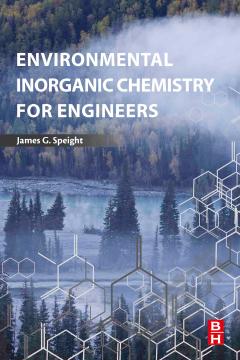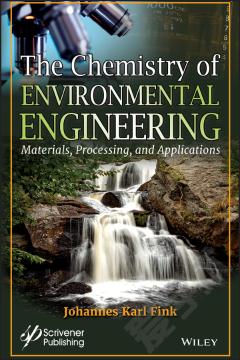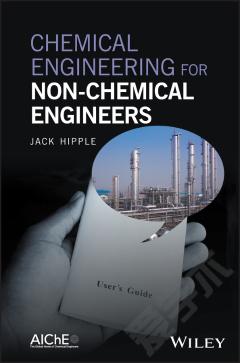Environmental Inorganic Chemistry for Engineers
Environmental Inorganic Chemistry for Engineers explains the principles of inorganic contaminant behavior, also applying these principles to explore available remediation technologies, and providing the design, operation, and advantages or disadvantages of the various remediation technologies. Written for environmental engineers and researchers, this reference provides the tools and methods that are imperative to protect and improve the environment. The book's three-part treatment starts with a clear and rigorous exposition of metals, including topics such as preparations, structures and bonding, reactions and properties, and complex formation and sequestering. This coverage is followed by a self-contained section concerning complex formation, sequestering, and organometallics, including hydrides and carbonyls. Part Two, Non-Metals, provides an overview of chemical periodicity and the fundamentals of their structure and properties.Clearly explains the principles of inorganic contaminant behavior in order to explore available remediation technologiesProvides the design, operation, and advantages or disadvantages of the various remediation technologies Presents a clear exposition of metals, including topics such as preparations, structures, and bonding, reaction and properties, and complex formation and sequestering
{{comment.content}}








 京公网安备 11010802027623号
京公网安备 11010802027623号